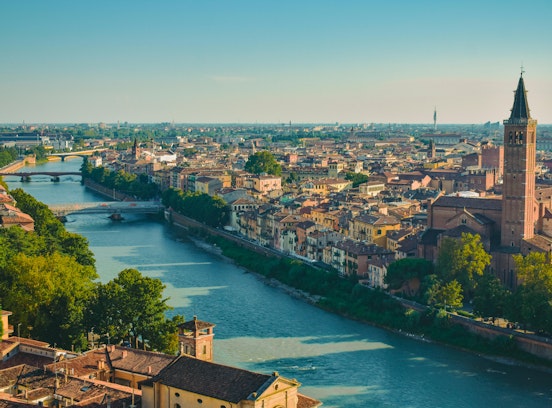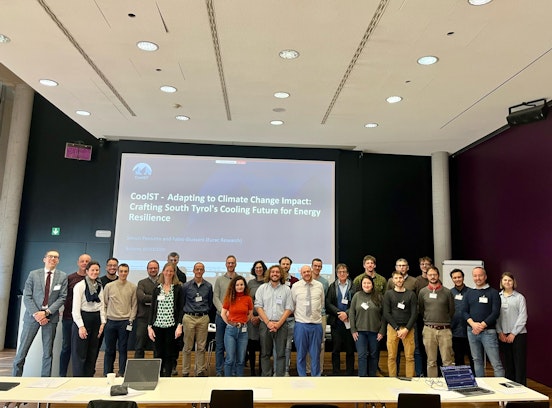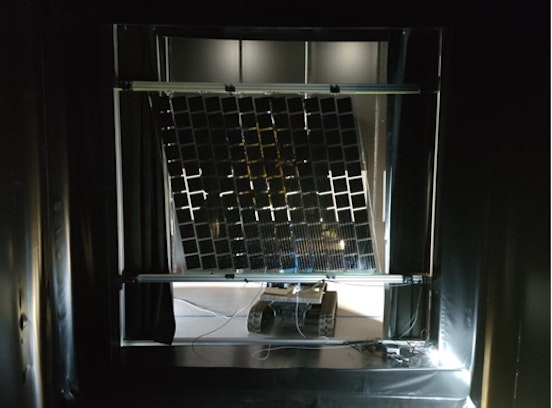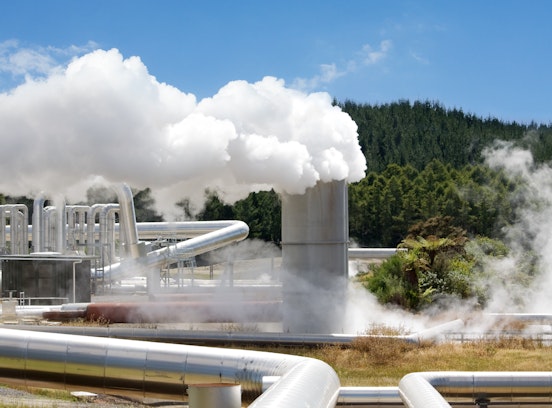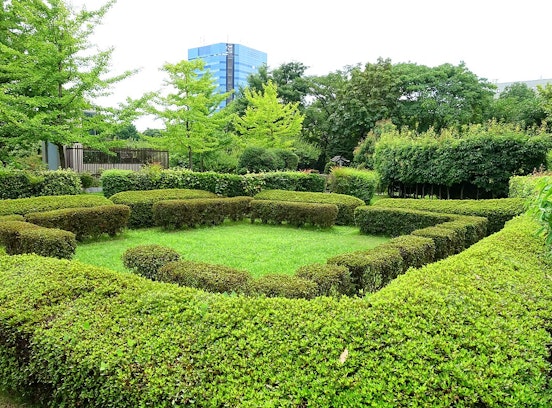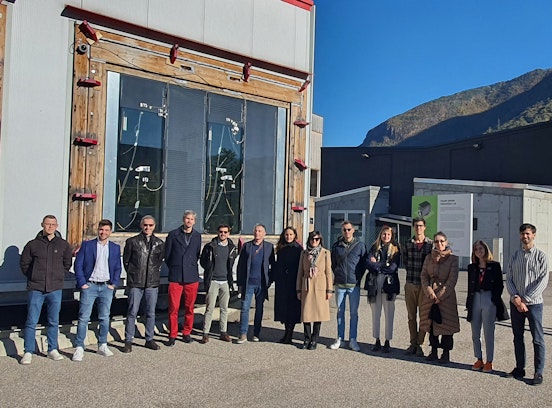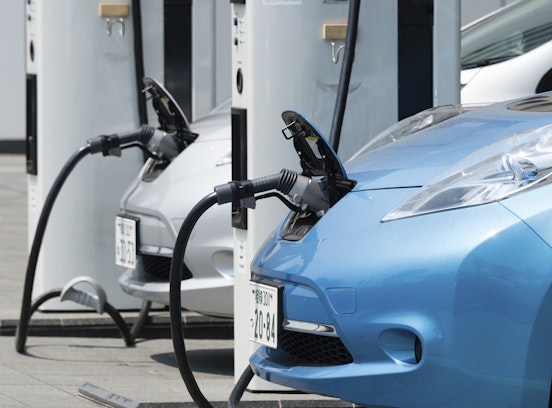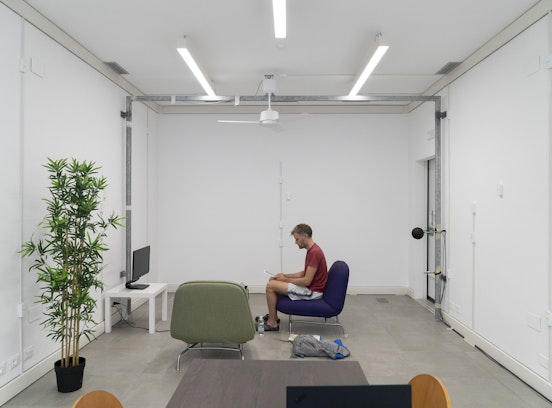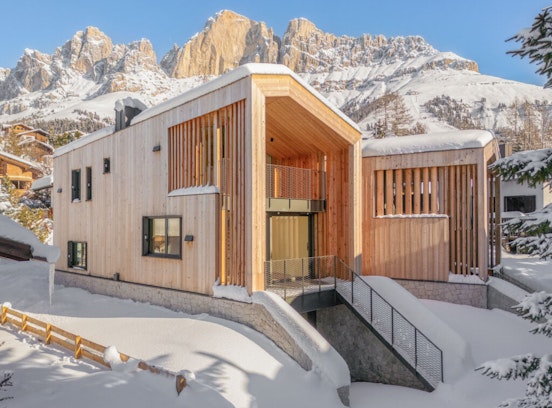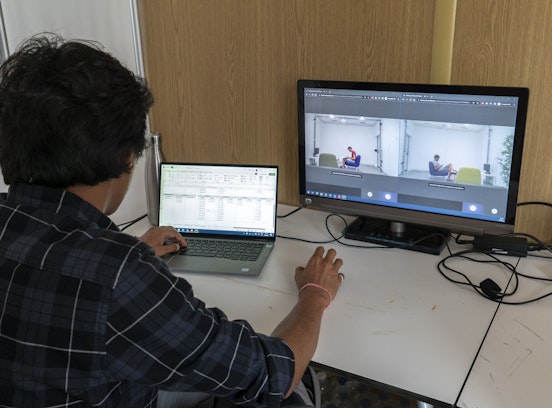Institute for Renewable Energy - Sustainable heating and cooling systems - News & Events - Integration of low-grade renewable and waste heat sources for Efficient District Heating
Integration of low-grade renewable and waste heat sources for Efficient District Heating
New research project coordinated by Eurac Research will develop business models and roadmaps to support utilities and municipalities achieving efficient district heating targets.
District heating can contribute to achieving the objectives of the energy transition reducing the consumption of fossil fuels. This results in heating systems that are more environmentally friendly while also lowering household utility bills. The new three-year project “HeatMineDH” (Low-Grade Renewable and Waste Heat Mapping and Investment Planning for Efficient District Heating) will support district heating utilities and municipalities in achieving the efficiency targets along the next 10 years.
Eurac Research will coordinate the project and will directly contribute to the techno-economic analysis of the identified efficiency measures. The work group is made up by other seven European partners including universities (Göttingen, Zagreb), research centres (AIT), companies (NODA, SOLID), and associations/agencies (EHP, JSP), covering a broad range of skills like source mapping, system engineering, digitalization, business models, and dissemination.
The project involves the realization of eight feasibility studies and practical investment plans for the integration of low-grade renewable and waste heat sources. The targeted utilities, included as Associated Partners, are located in Croatia, Germany, Italy, and Poland.
First an analysis of the existing data will be carried out to map the availability of low-grade renewable and waste heat sources for each case. The researchers will then develop an optimal roadmap for the integration of the most affordable sources and business models for the actual implementation of a 10-year-long investment plan. The analysis will be carried out considering local, national, and European regulations and policies.
A network of cities and relevant stakeholders will be contacted to maximize the replication potential of the activities and to create a virtuous circuit of reciprocal support among utilities and municipalities. Dedicated workshops and dissemination activities will support this interaction, including specific training moments to showcase previous projects and best practice solutions. “We are really looking forward to supporting utilities in meeting their decarbonization challenges.” says Marco Cozzini, project coordinator.
The project will kick off the next 20 September at NOI Techpark in Bolzano.HeatMineDH is financed by the Life EU funding program 2021 – 2027 under the agreement nr. 101120948
